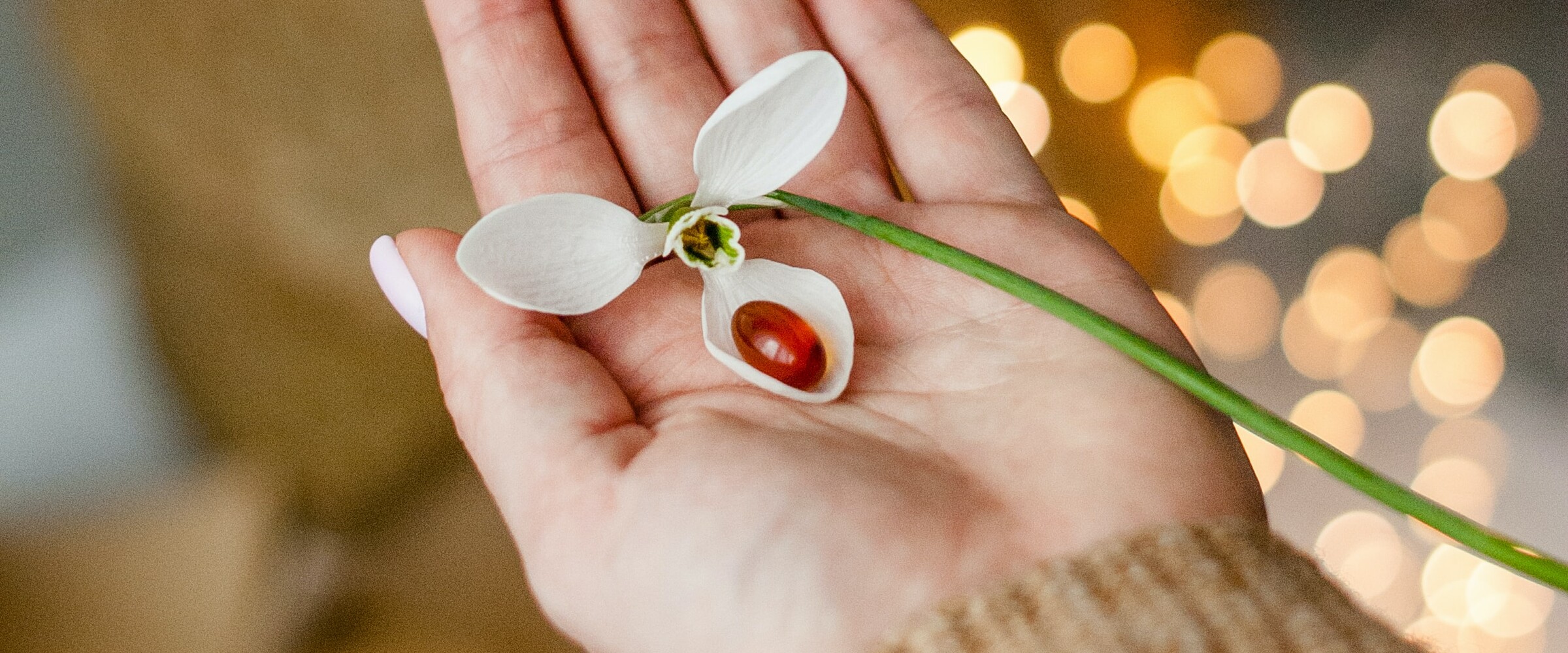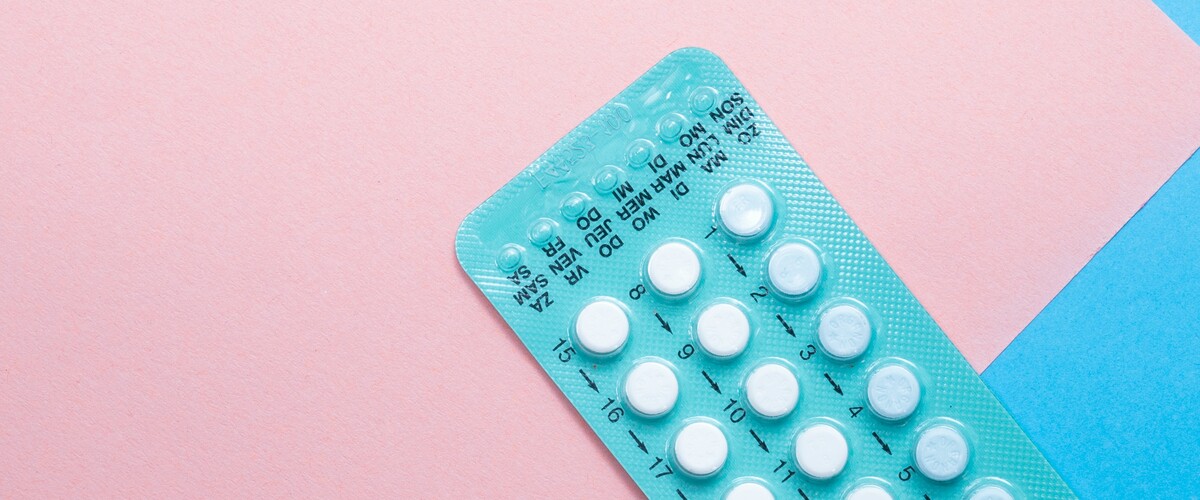
Moving from Contraception to Conception
When couples first start trying to get pregnant, they often don’t know where to start, and only a few minutes researching online will deliver a broad range of often conflicting advice. So if you’re just starting out or have been trying for a while, let our combined fertility expertise guide your path to pregnancy.
Sex education in your 30’s
It’s probably been a while since you were at school, and if you remember any of the sex education you received back then, it was more likely around how not to get pregnant. If you need a refresher on the basics, take 40 seconds to watch this video on ovulation and conception.
However, if you only learn one thing when researching how to get pregnant, it should be that timing is everything. This means you need to understand when your fertile window is – the days in your cycle when you are most likely to conceive – and you need to be having regular sex during these days. To make this really easy to work out, we have developed a fertile window calculator.
Finally healthy couples are more likely to produce healthy babies, so brush up on the key health and lifestyle factors that affect your fertility and make some changes if necessary. Women should also book in a visit to your GP who will make sure you’re up-to-date on your pap smear tests, rubella and advise you to start taking folic acid.
How to move from contraception to conception
Common Misconceptions about Conception
Next we need to set the record straight on some common myths people ask when they come in for their first fertility consultation.
Myth #1: When we’re ready, it will just happen
As the urge to have a baby increases into a woman’s 30’s there’s a lot of information out there on how easy it is to conceive. However, in one month of trying, a 25 year old couple has just a 20% chance of conceiving. This percentage decreases as you get older. You can calculate your likelihood of falling pregnant given your own age and some common lifestyle factors using our Pregnancy Predictor.
Myth #2: After being on The Pill for years, I will have lower levels of fertility
If you have been using oral contraceptive pill, IUDs or implants, you should wait for one natural period before you start trying for a baby. But using contraception over any period of time will not cause infertility.
Myth #3: Taking your temperature helps to work out when you ovulate
After ovulation the ovary produces progesterone and this causes a degree rise in basal body temperature, on average 3-4 days following ovulation. Taking your temperature to determine when you ovulate will only be helpful if you use it to look back over the last few months to work out when the earliest and latest ovulations occurred. Then we would recommend regular sex from 7 days prior to the earliest date of ovulation right through to the latest date of ovulation.
Myth #4: If my partner doesn’t ejaculate for a week, he’ll have more potent sperm
Sperm are made in the testes and then stored in the epididymis. It is here that they are exposed to temperature, free radicals and toxins, so ideally the sperm should only spend 2-3 days here before ejaculation. Sperm can survive in the womb and fallopian tubes for up to 3 days, which is why we recommended having sex every couple of days within the woman’s fertile window to maximise your chance of falling pregnant.
Myth #5: I need to choose between seeing my complementary therapist or a doctor
Some people choose to see a naturopath, acupuncturist or Chinese herbalist to help boost their fertility. If this helps improve your mental and physical health then most doctors will agree that this is a positive step. However, ‘complementary’ by definition indicates that these therapies work best alongside medicine, and only Doctors can give more definitive analysis on basics such as ovarian reserve and semen quality. Particularly for women over the age of 35, it’s important to remember that time may not be on your side, so if you have been seeing a complementary therapist for longer than 6 months, it’s definitely worth also introducing a Fertility Specialist into the mix. Most Fertility Specialists will be understanding of your choice to see both.
If It Still Doesn’t Happen
Unfortunately, for about 20% of couples, they will need some help to get pregnant. But this doesn’t necessarily mean IVF. About half of my patients will get pregnant without the need for IVF because we can start with simpler treatments from ovulation cycle tracking through to ovulation induction and intrauterine insemination (IUI).
Not ready for a baby now but want to preserve your fertility?
If you’re in your early 30s and planning on having a family but it's not on the horizon before 35, you could consider freezing your eggs. The ideal situation would be to freeze 12 eggs before you turn 36. Research data from around the world suggests that women under 35 years of age who freeze their eggs have a better than 50 per cent chance of falling pregnant later in life. Advances in our vitrification freezing process mean that eggs can now be “snap frozen” in liquid nitrogen which preserves the quality of eggs for longer.
If you want some advice it’s important to ask a fertility expert so you can then explore your options.
Read more about Planning for Pregnancy:
Queensland Fertility Group, IVF Australia, Melbourne IVF

